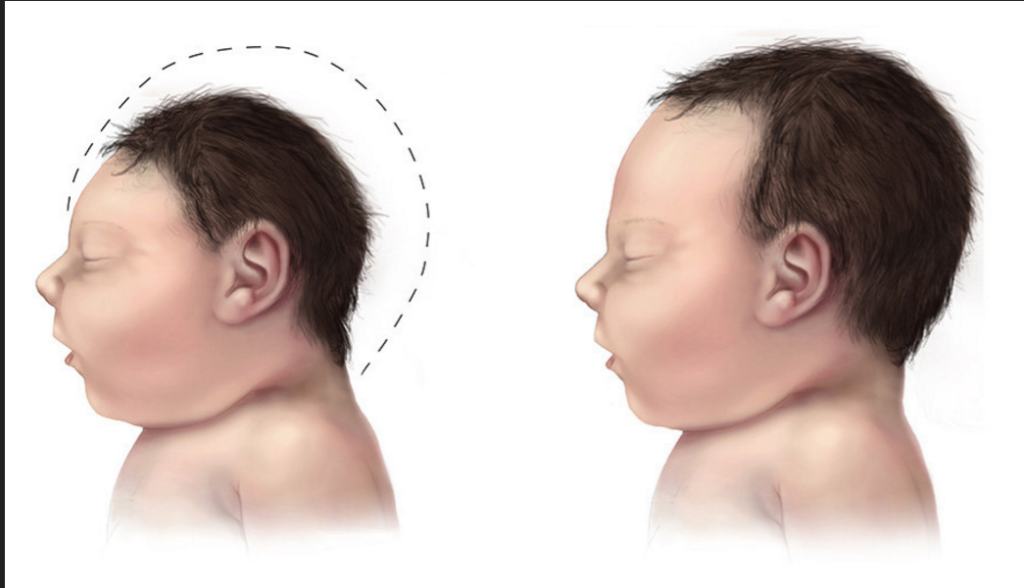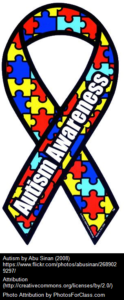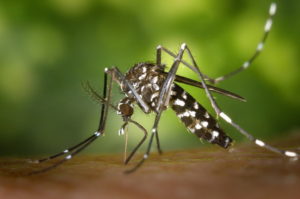The more researchers learn about the Zika virus, the scarier it becomes. In a new report published in the New England Journal of Medicine, CDC researchers confirm that Zika causes a rare birth defect.

CDC Director Dr. Thomas Frieden said that “it is now clear” that Zika causes microcephaly, a rare birth defect. In addition, the virus causes several other severe fetal abnormalities. The virus is now being linked to a broad set of complications in pregnancy as well, such as premature birth and eye problems.
“Most of what we’ve learned is not reassuring,” Dr. Ann Schuchat, the principal deputy director of the CDC, said candidly at a White House briefing. “Everything we look at with this virus seems to be a bit scarier than we initially thought.”
Another study published in Science from a team of scientists in Brazil concluded that Zika “targets” human brain cells. After studying human neural stem cells that had been infected with the virus, the scientists found that the cells were misshapen and necrotic.
However, the general public in the United States seems largely unconcerned about Zika virus infection in the continental US, according to The New York Times. However, the CDC has reported that the mosquitoes that carry the virus are present in 30 states, up from the 12 states initially thought. In Puerto Rico there are already hundreds of local transmissions of the virus and Dr. Schuchat said there are potentially hundreds of affected babies in the US territory.
While the CDC does not expect large outbreaks of the Zika virus in the continental US, there will be some local transmissions, and the virus is now expected to be a problem during much of a pregnancy, not just the first trimester. As a result, pregnant women or women expecting to become pregnant are being warned against travel to Zika-infected countries. At the very least they should take precautions against mosquito bites.




